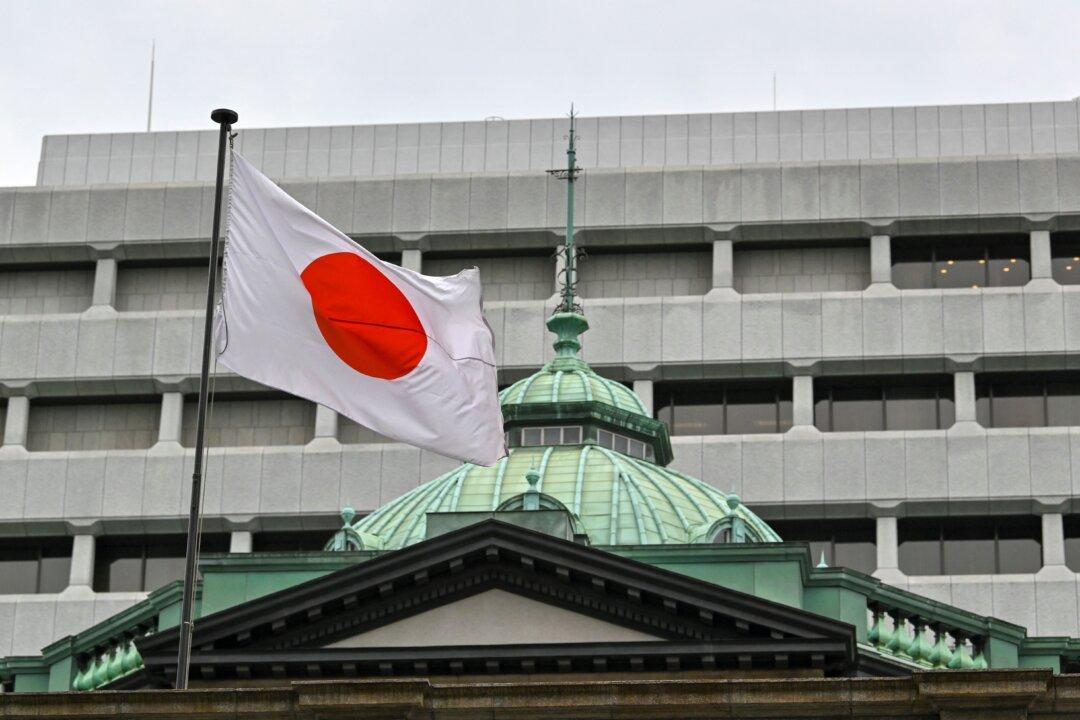The Chinese regime has formally arrested a Japanese national who has been detained since March on allegations of spying, as tensions between the two nations have worsened.
A Japanese official confirmed the arrest during a news conference in Tokyo on Oct. 19 and called on the Chinese communist regime to free Japanese citizens in order to avoid further damage to their relations.




